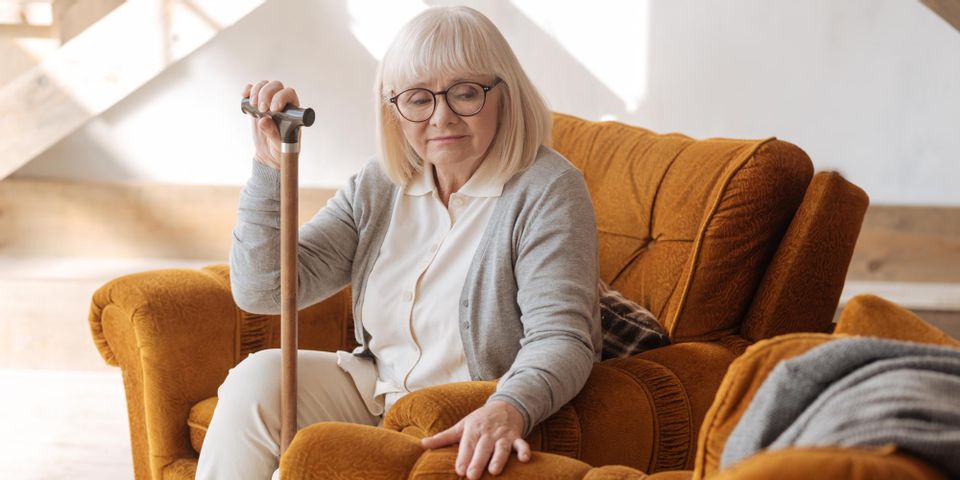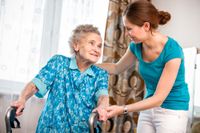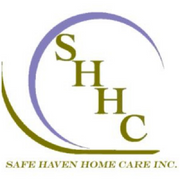5 Home Health Care Tips for Preventing Falls

Many seniors prefer living in their homes rather than a retirement community. Yet, while your loved one’s home is their most comfortable environment, it may pose unforeseen risks. Addressing fall hazards is often a priority for seniors and their home health care providers, as slips and bumps can cause serious, debilitating injury. Below are five tips to help you and your loved one prevent falls around the home.
Home Health Care Strategies for Fall Prevention
1. Identify Medical Risks
 When it comes to effective fall prevention, identifying immediate medical risks is a safe place to start. Your loved one’s doctor can assess their risk of losing their balance based on side effects from medications and their health history. Their doctor may provide home health care suggestions such as switching medication times or attending physical therapy to improve balance and prevent any mishaps.
When it comes to effective fall prevention, identifying immediate medical risks is a safe place to start. Your loved one’s doctor can assess their risk of losing their balance based on side effects from medications and their health history. Their doctor may provide home health care suggestions such as switching medication times or attending physical therapy to improve balance and prevent any mishaps.
2. Minimize Clutter
To stop your loved one from tripping inside their home, practice safe home health care by making sure any frequented rooms are clear and free of clutter. Tape electrical and phone cords to walls and secure loose rugs in place with floor-friendly adhesive. Encourage your loved one to keep common items off the floor, such as magazines, books, and newspapers.
3. Illuminate Living Spaces
Poorly lit rooms can cause alarming falls. Ensure that each room in your loved one’s home is lit with proper light fixtures such as floor lamps, overhead lights and night lights. Place flashlights inside drawers of their most frequented rooms for easy access at night and if needed, use higher wattage bulbs to ensure ample brightness.
4. Stay Active
Fitness plays a significant role in fall prevention. If the doctor approves it, your loved one should maintain an exercise regimen to support strength, coordination, and flexibility. Yoga, water aerobics, and walking are excellent low-impact exercises for older adults.
5. Invest In Assistive Equipment
If your loved one has fallen before, or their medical condition puts them at risk for falls, they may be an ideal candidate for assistive equipment. Hand rails for the bathroom and stairs, seating for the shower, and nonslip tread can be installed to give your loved one some extra support and peace of mind.
Do you have additional questions about proper home health care for your aging loved one? If so, contact Safe Haven Home Care in Brooklyn. Providing service to Queens, Staten Island, Manhattan, and the Bronx, this devoted home health care team employs a broad range of nurses, health aids, and therapists to ensure your loved one’s diverse needs are fully met. They accept Medicare, Medicaid, and many commercial insurance plans. Learn more about their services online or call (718) 968-6970 to speak with an associate.
About the Business
Have a question? Ask the experts!
Send your question

